Liberals in Wisconsin are intensifying their efforts to have former President Donald Trump’s lawyer, Jim Troupis, removed from a state judicial ethics panel. They argue that his involvement in advising fake Republican electors attempting to overturn the 2020 election makes him unsuitable for the position.
Jim Troupis

Jim Troupis, a former judge and Trump’s lawyer, has been a member of the Judicial Conduct Advisory Committee since 2020.
Troupis has faced criticism for his role in the controversial election aftermath, and now, calls for his resignation from the panel are growing.
Role of The Judicial Conduct Advisory Committee
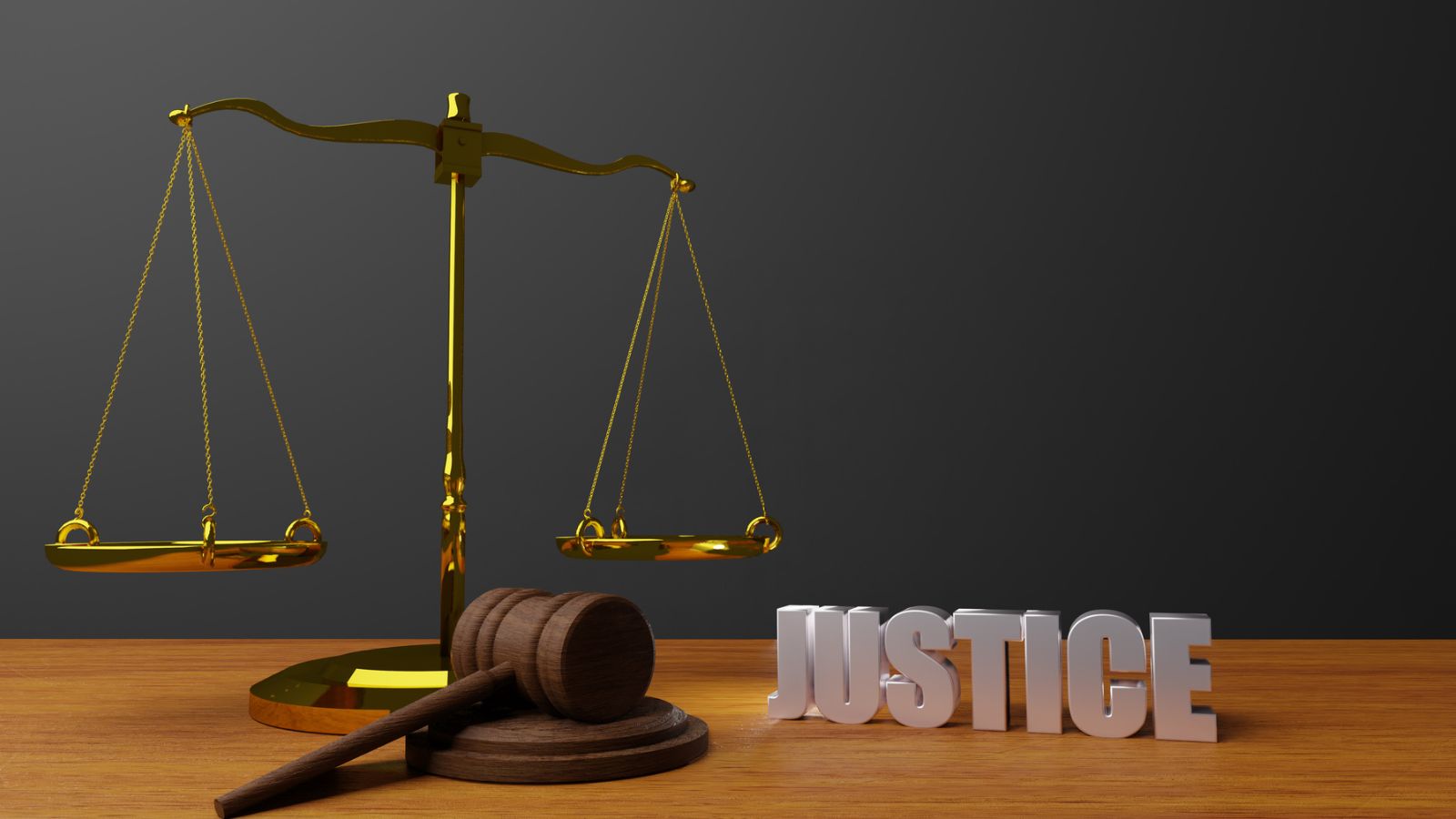
This committee is responsible for providing advice and formal opinions to judges and judicial officers regarding the state’s judicial code of conduct.
However, it rarely issues written opinions, with the last one dating back to 2019.
Read More: House Freedom Caucus Sends Warning to Speaker Johnson Following Failed Vote
Criticism from Liberals

Mike Browne, deputy director of the liberal advocacy group One Wisconsin Now, has strongly criticized Troupis’s continued presence on the judicial ethics panel. He argues that Troupis’s involvement in what he calls the “MAGA conspiracy” undermines trust in public institutions.
Troupis Should Step Down
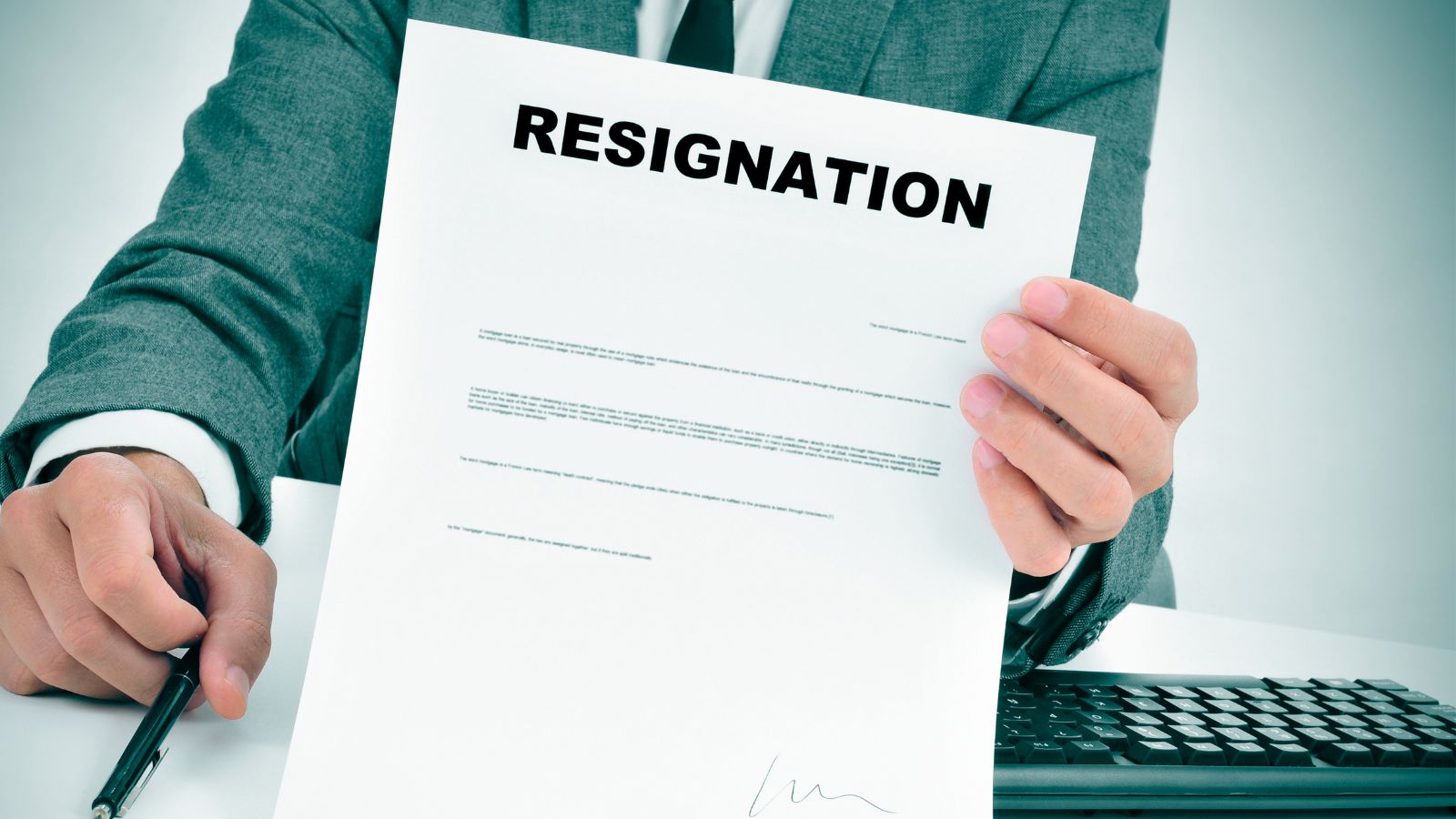
Browne believes that Troupis should voluntarily step down from his position. If he does not, conservative justices who supported his reappointment should take action to remove him.
Parallels with Calls to Remove a Fake Elector
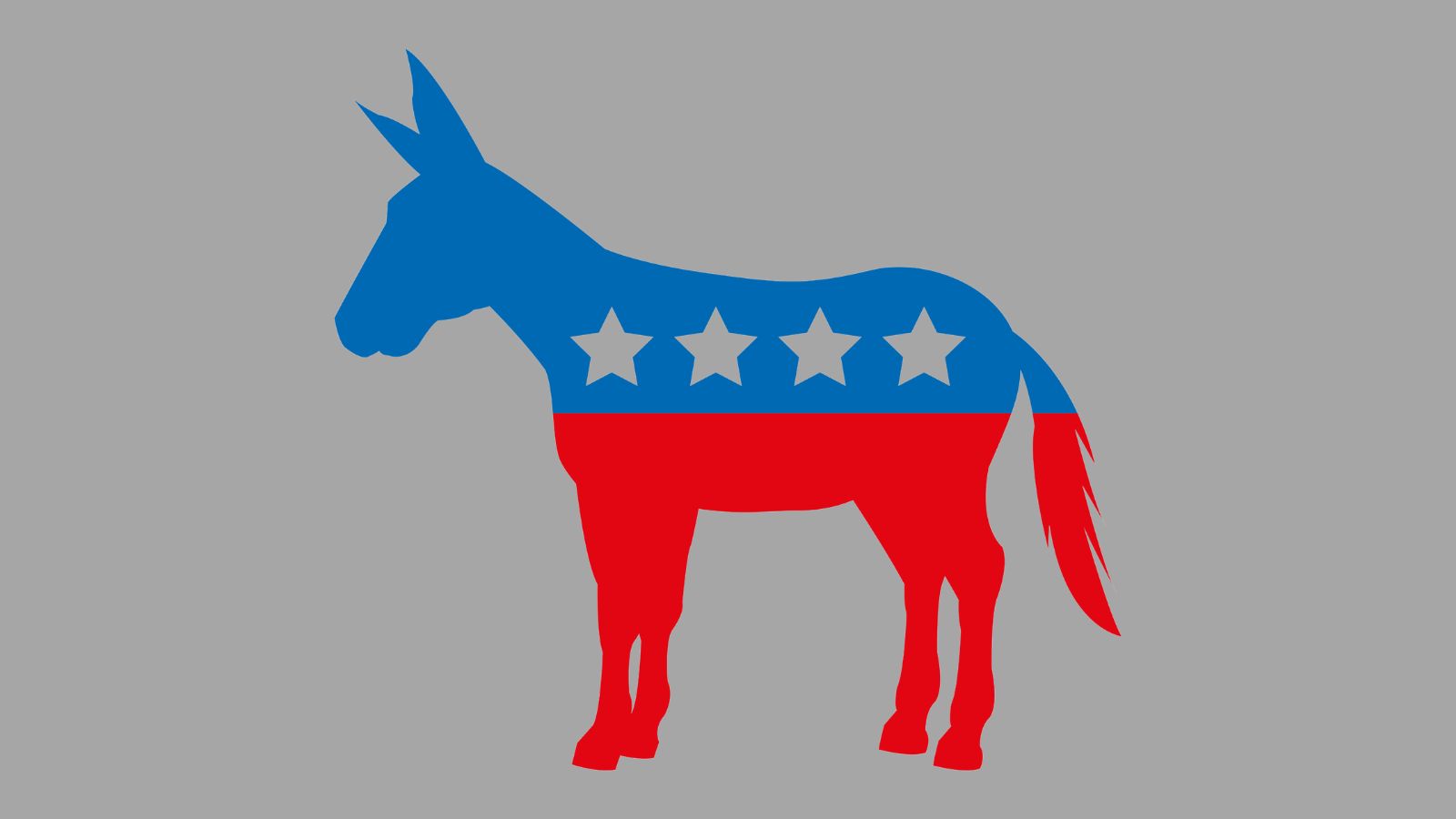
Similar demands to remove one of the fake electors, Bob Spindell, from the bipartisan state elections commission have been made by Democrats. However, the Republican Senate majority leader responsible for Spindell’s appointment has not rescinded it, despite calls for his removal.
Troupis’s Reappointment and Silence from Justices
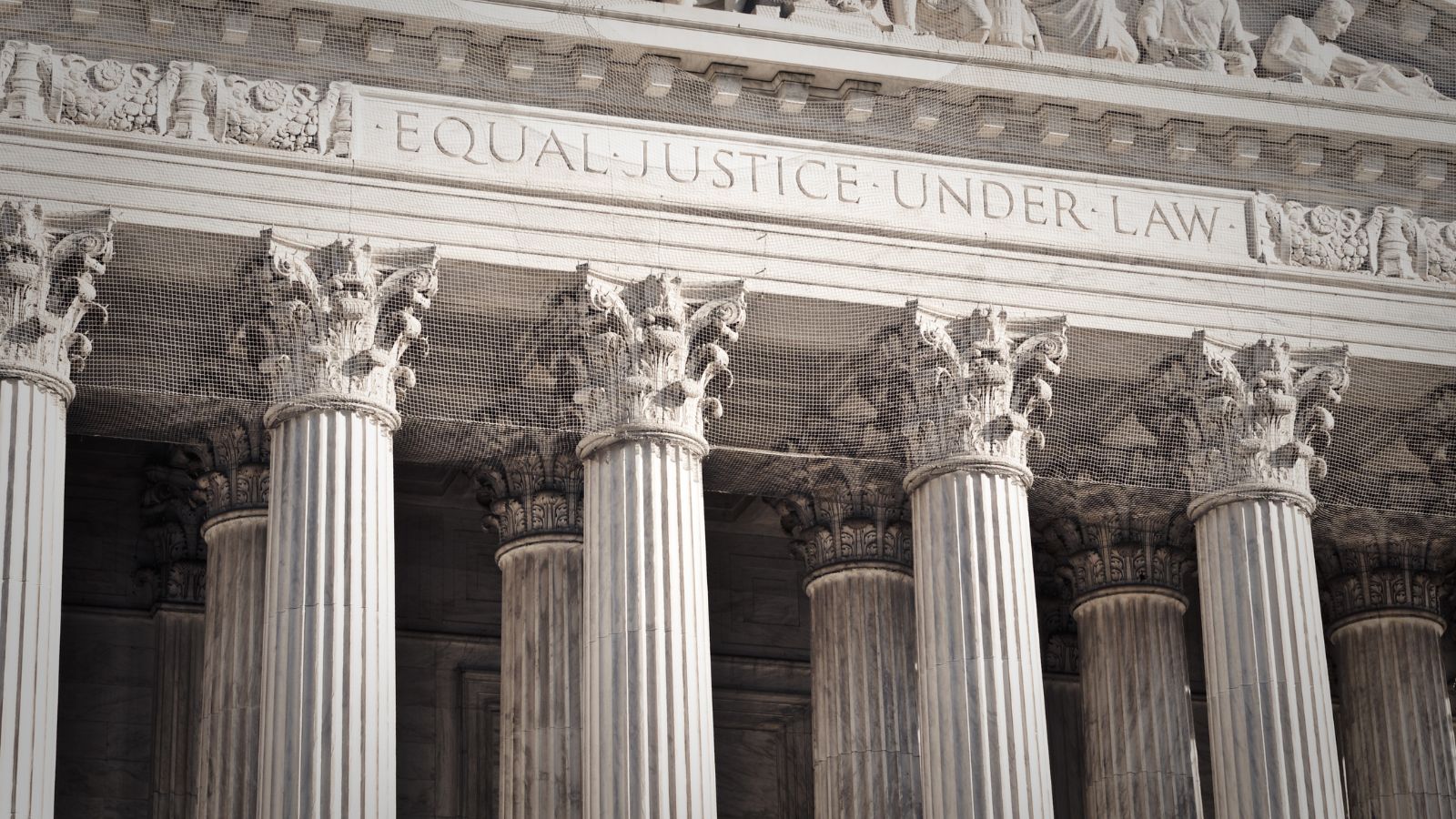
Troupis was reappointed to the judicial ethics panel in March by four conservative members of the Wisconsin Supreme Court, including Chief Justice Annette Ziegler and justices Rebecca Bradley and Brian Hagedorn. Neither Troupis nor the justices who appointed him have responded to requests for comment on the matter.
Background: 2020 Presidential Election
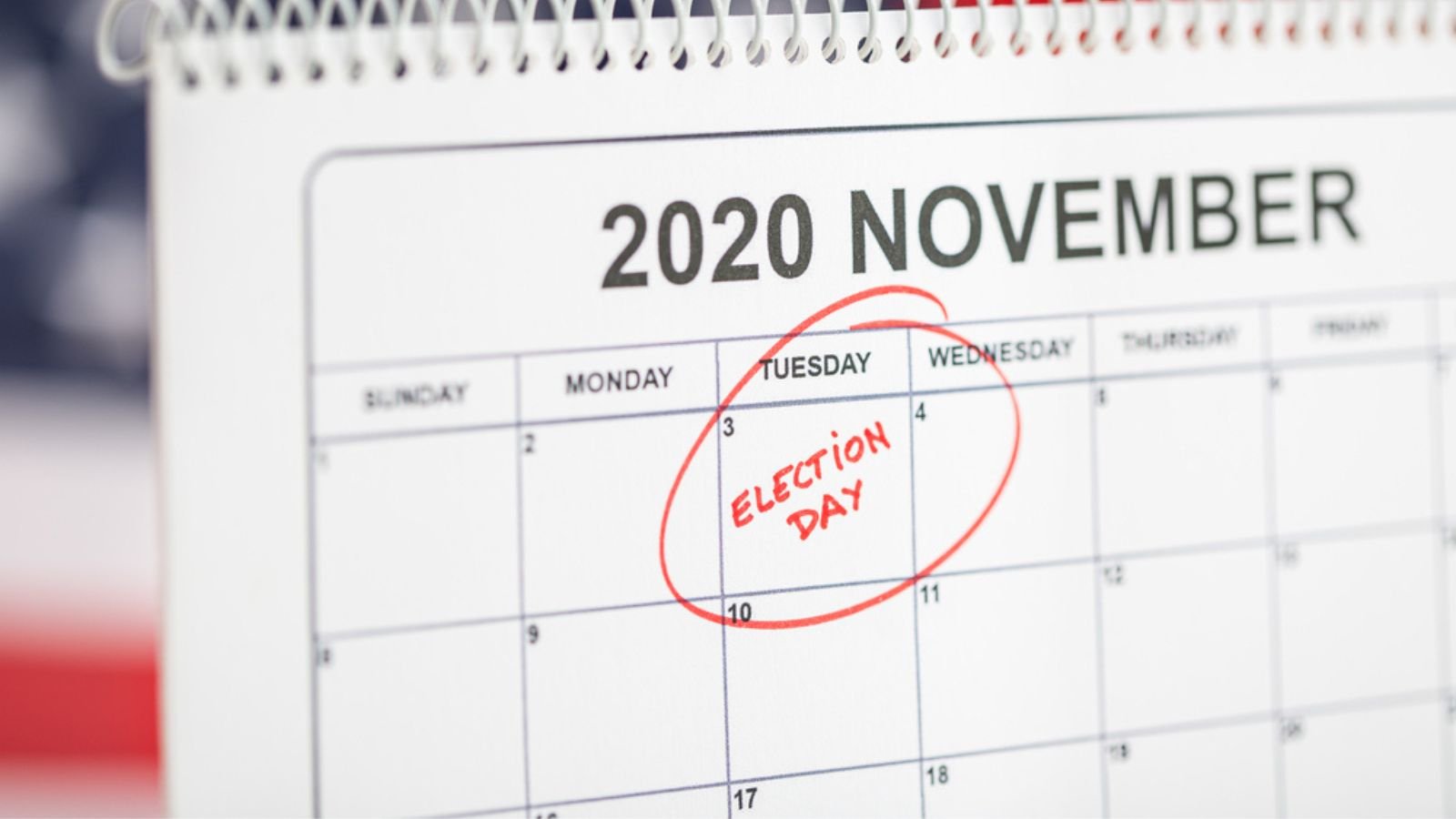
In 2020, President Joe Biden won Wisconsin. Following his victory, Trump’s campaign, with legal representation by Troupis, filed lawsuits attempting to invalidate tens of thousands of legally cast absentee ballots. The Wisconsin Supreme Court ultimately rejected these lawsuits, upholding Biden’s win.
Involvement with Fake Elector Scheme
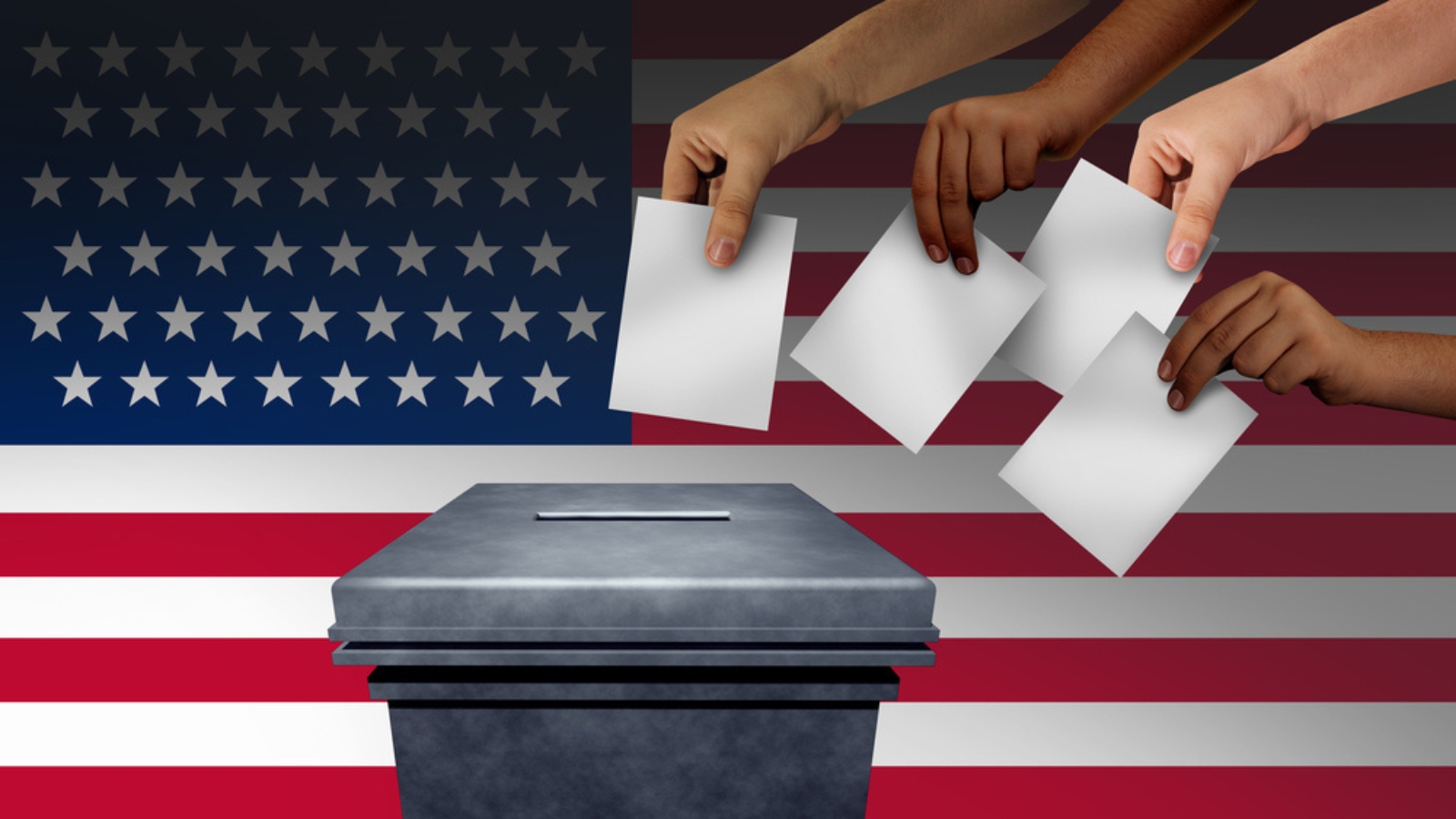
Troupis was not only involved in the election lawsuits but also played a role in the fake elector scheme. Fake electors from Wisconsin and other battleground states falsely declared Trump the winner of the 2020 presidential election. Prosecutors alleged that the scheme began in Wisconsin.
Also Read: Trump Supporter Requests Early Release, Citing Manipulation by Former President
Chesebro’s Email

Ken Chesebro, Trump’s attorney, mentioned in a December 13, 2020, email that the strategy was not solely a backup plan if the election litigation succeeded. Instead, the plan aimed to present the fraudulent electors as an alternative during Congress’s certification proceedings.
Pence’s Involvement
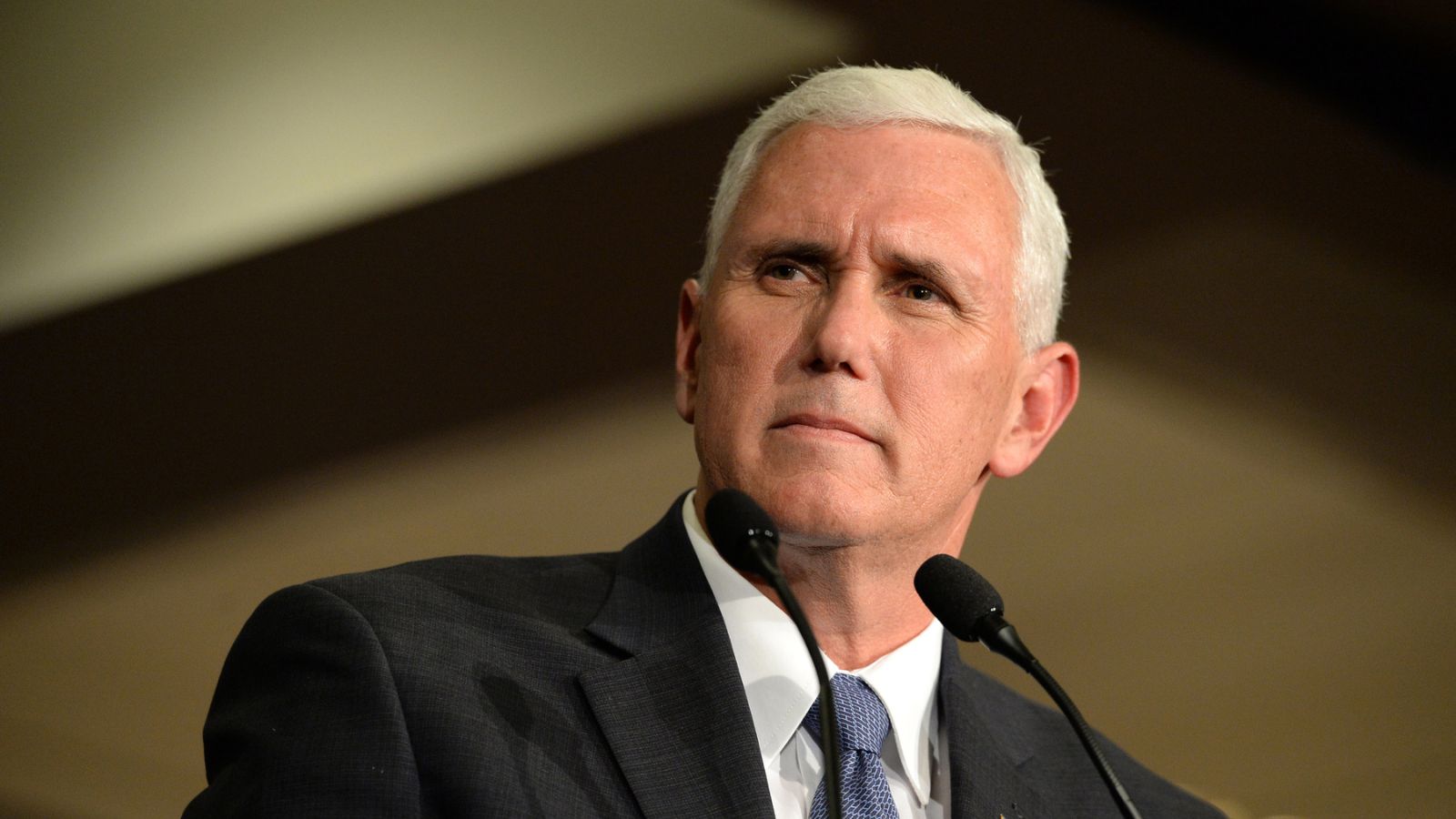
Following a meeting of Wisconsin’s fake electors on December 14, 2020, Troupis contacted U.S. Sen. Ron Johnson’s staff to deliver the fake electors’ documents to Vice President Mike Pence.
However, Pence’s staff refused to accept them.
Legal Developments
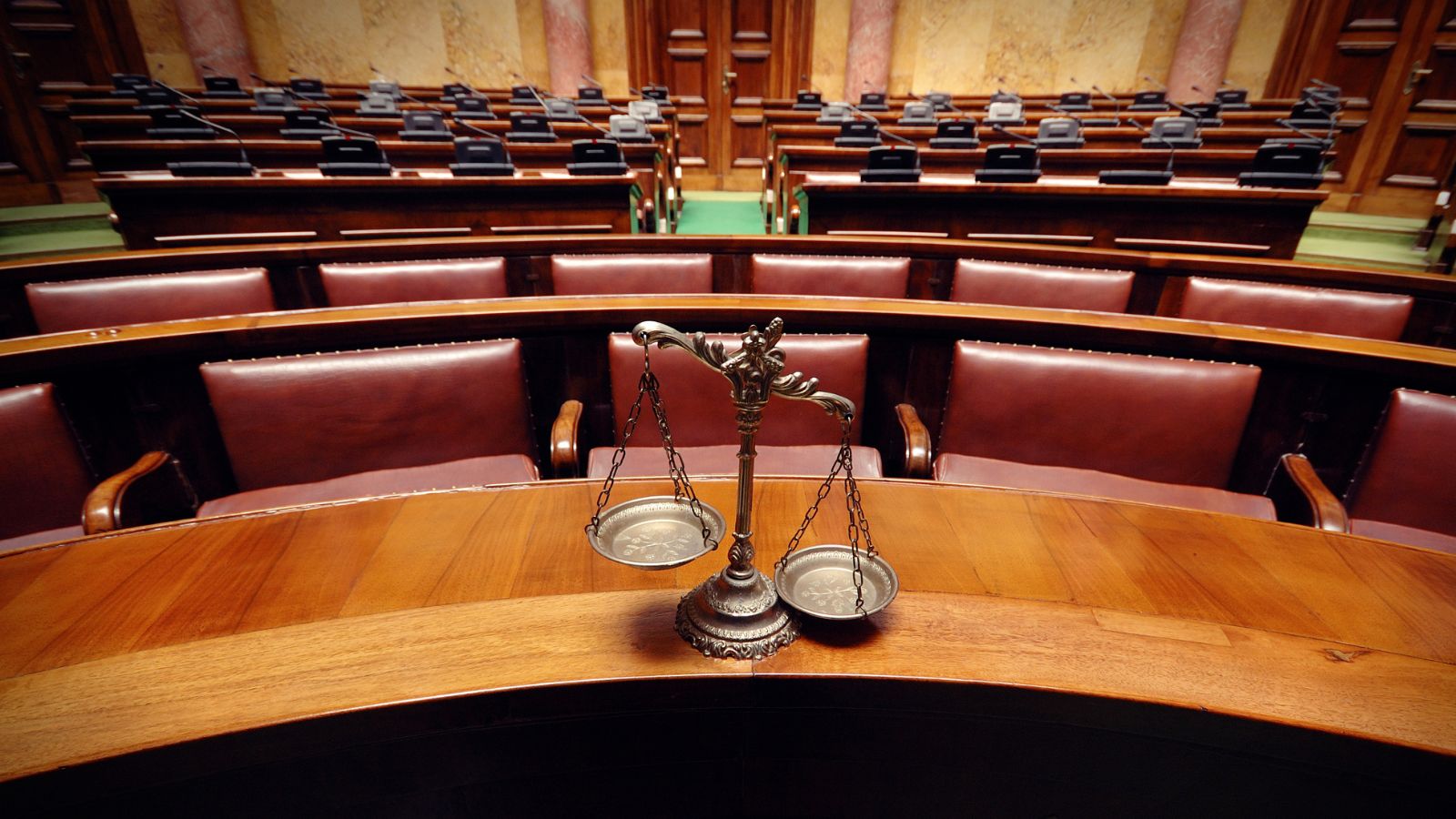
Subsequently, several states charged electors, including Michigan, Georgia, and Nevada. In a recent legal settlement, the ten fake electors acknowledged that Biden had won the election, and their actions were an improper attempt to overturn the results. As part of the settlement, the fake electors did not admit wrongdoing or liability and were not required to pay damages or attorney fees.
Read Next: Democrats Unite to Expel Santos, Signaling a Bleak Future in the House
Ongoing Questions About Investigations

Wisconsin Democratic Attorney General Josh Kaul has refrained from confirming or denying the existence of an ongoing criminal investigation related to the state’s fake electors, Troupis, and Chesebro. The situation continues to raise questions about the repercussions of actions taken in the aftermath of the 2020 election.
More from The Stock Dork – U.S. Legislators Call for Investigation into Autel Robotics, Citing Security Concerns


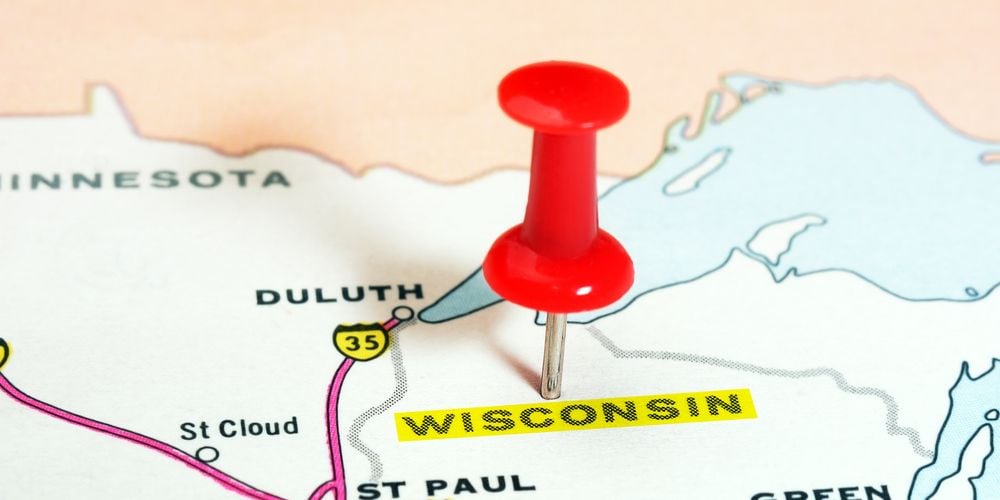




 Tags:
Tags:










